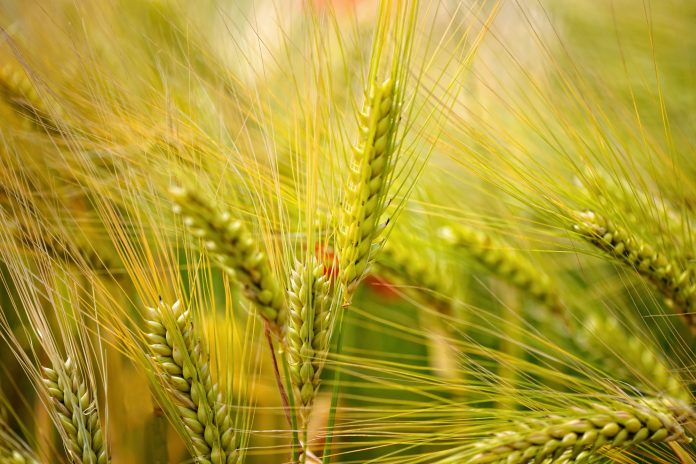Harris Farm Markets is urging all consumers, retailers, suppliers and farmers to take a closer look at farming practises, and where their food comes from.
Homegrown soil is in danger of degradation from traditional farming practice, reducing the number of harvests to just 60, shows figures from the United Nations.
Additionally, traditional farming in fact, is the second largest contributor to carbon in the atmosphere.
Regenerative farming has the ability to sequester carbon from the atmosphere, therefore acting as a solution to climate change.
“Australia is an agricultural powerhouse, however, if we don’t start to innovate the way we are producing we will be at risk of irreversible damage to our soil and therefore an impact to our food supply and quality,” says co-CEO of Harris Farm Markets, Angus Harris.
“If you are concerned about climate change, the simplest way to do your part is to shop regeneratively-farmed products.”
Top sustainability experts, industry bodies and partners, Charlie Arnott, Land to Market Australia, the Mullmoon Institute, YLAD Living Soils and regenerative beef producer and supplier, Provenir are all involved in the conversation.
Biodynamic farmer and regenerative, ‘farming crusader’ Charlie Arnott says, “Before we can make any changes to our paddocks, we need to change the paddock between our ears.”
Harris Farm Markets and their fight for sustainability
Currently Harris Farm Markets has more than 120 regeneratively-farmed products available in-store and online.
Mr Harris continues, “There’s no doubt that a superior taste and quality also comes from nutrients and microbiology in the soil, so it’s unsurprising that even without consumers understanding the nitty gritty, we frequently sell out of regeneratively-farmed products including eggs from Mulloon Creek Natural Farms which fly off our shelves.”
Harris Farms Markets knows that their food is only as sustainable as the environment.
As a result, more than 40 tonnes of humus compost has been created from food waste collected from their stores.
“With only 60 harvests of food supporting top-soil left, the responsibility for environmental impact lies with the choices we make every single day,” says Mr Harris.
“Our overarching goal is to educate consumers, retailers, farmers and suppliers and galvanise them to focus on regenerative farming and healthy soil.”





